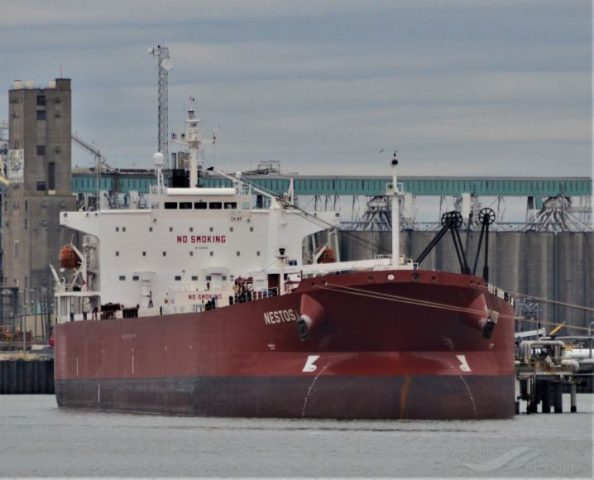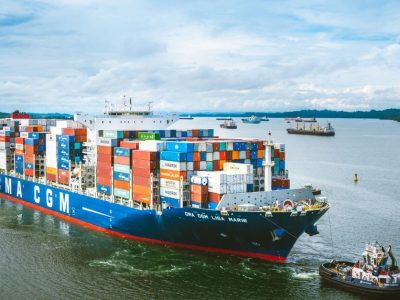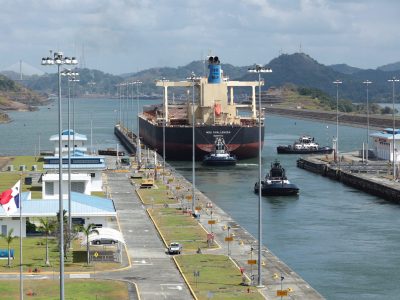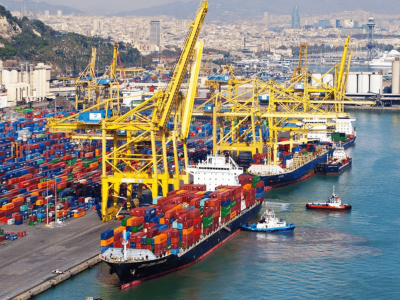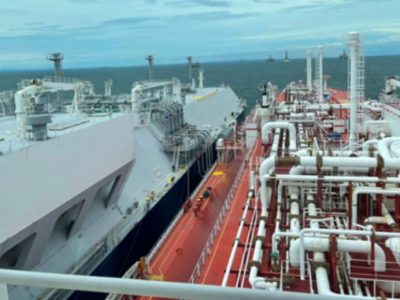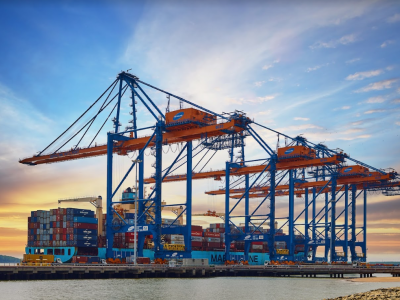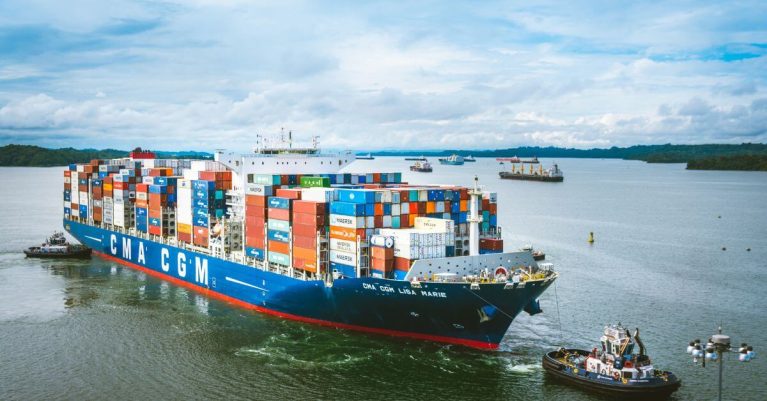By GMM News | 2024-05-06 | International Shipping News |
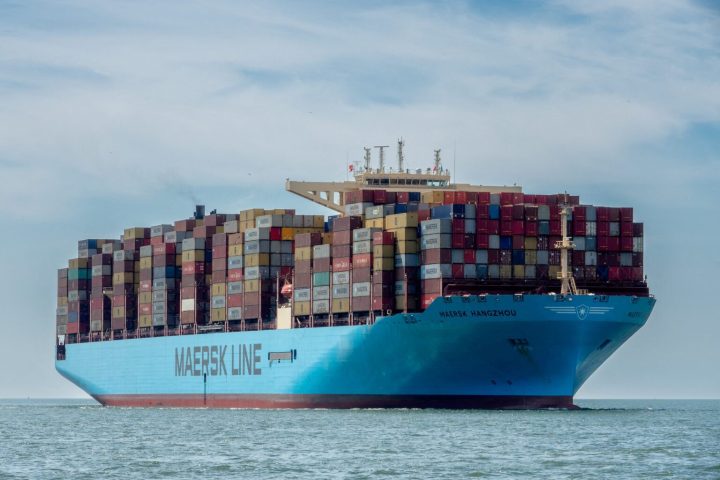
The heads of the new Gemini Cooperation—Rolf Habben Jansen, CEO of Hapag-Lloyd, and Kenni Skotte, Vice President and Head of Ocean Network Product at Maersk—took the stage together at the Xeneta Summit in Amsterdam on Thursday, where they expressed confidence that their new alliance will achieve its ambitious service reliability target that is leaps and bounds above the industry average.
The cooperation, which will launch using the longer Cape of Good Hope route to avoid the Red Sea, will encompass seven trades and offer 57 services, including mainliner and dedicated shuttle services.
At the Summit, both Habben Jansen and Skotte emphasized that the increased use of transshipment networks will provide shippers with more stable and reliable services.
“Transshipment services are increasing from 35% to 45% but we are going to do it in a much more structured and planned manner at hubs we control ourselves,” said Jansen.
“Hubs have more capacity than is strictly required and that is very much a choice. We don’t operate hubs to make money, we operate hubs to make the network work,” he added.
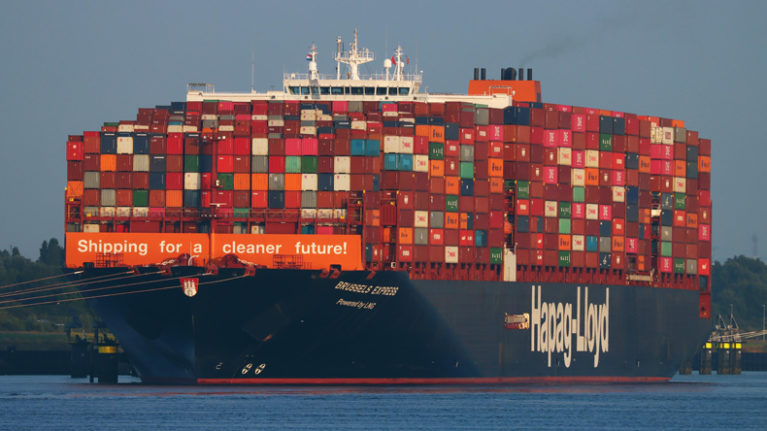
The Gemini Cooperation’s confidence stems from its system design, which focuses on isolating delays to prevent the snowball effect often seen in current operations.
The Gemini Cooperation has announced that its ships will navigate around the Cape of Good Hope in Africa when operations commence in February, due to ongoing conflicts in the Red Sea. Both Skotte and Habben Jansen assured that this route change won’t affect Gemini’s ambitious 90% reliability target.
“In today’s challenging environment, our network can cover both scenarios – whether through the Red Sea passage or around the Cape of Good Hope – ensuring we maintain the same industry-leading reliability,” said Jansen.
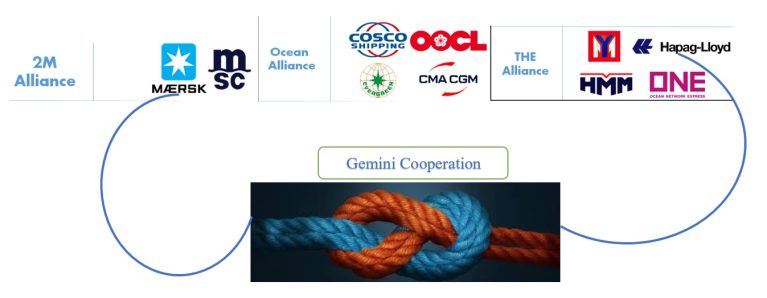
“The Gemini Cooperation is designed in response to the evolving needs of our customers in an increasingly dynamic and volatile industry,” he added. “In this context, our hub-and-spoke model allows us to operate a lean network by leveraging central hubs, all while preserving the global coverage our customers have come to rely on.”
“We believe our new innovative ocean network will significantly improve schedule reliability to the benefit of our customers and set a new and very high standard in the industry,” concluded Skotte.


